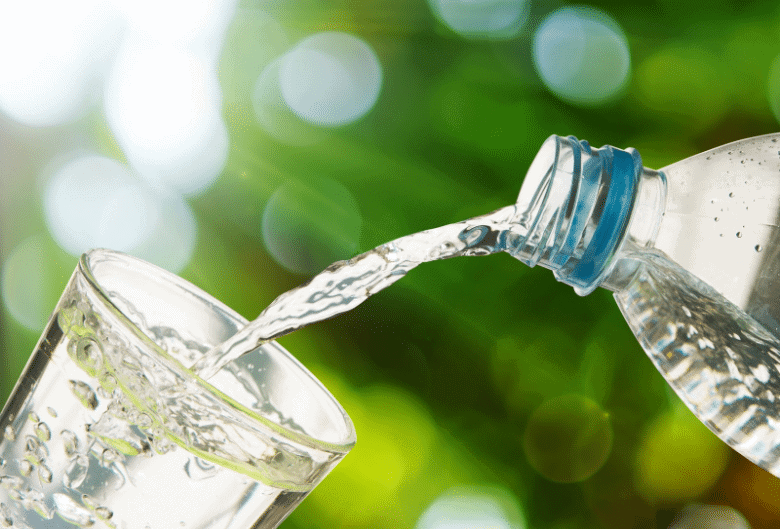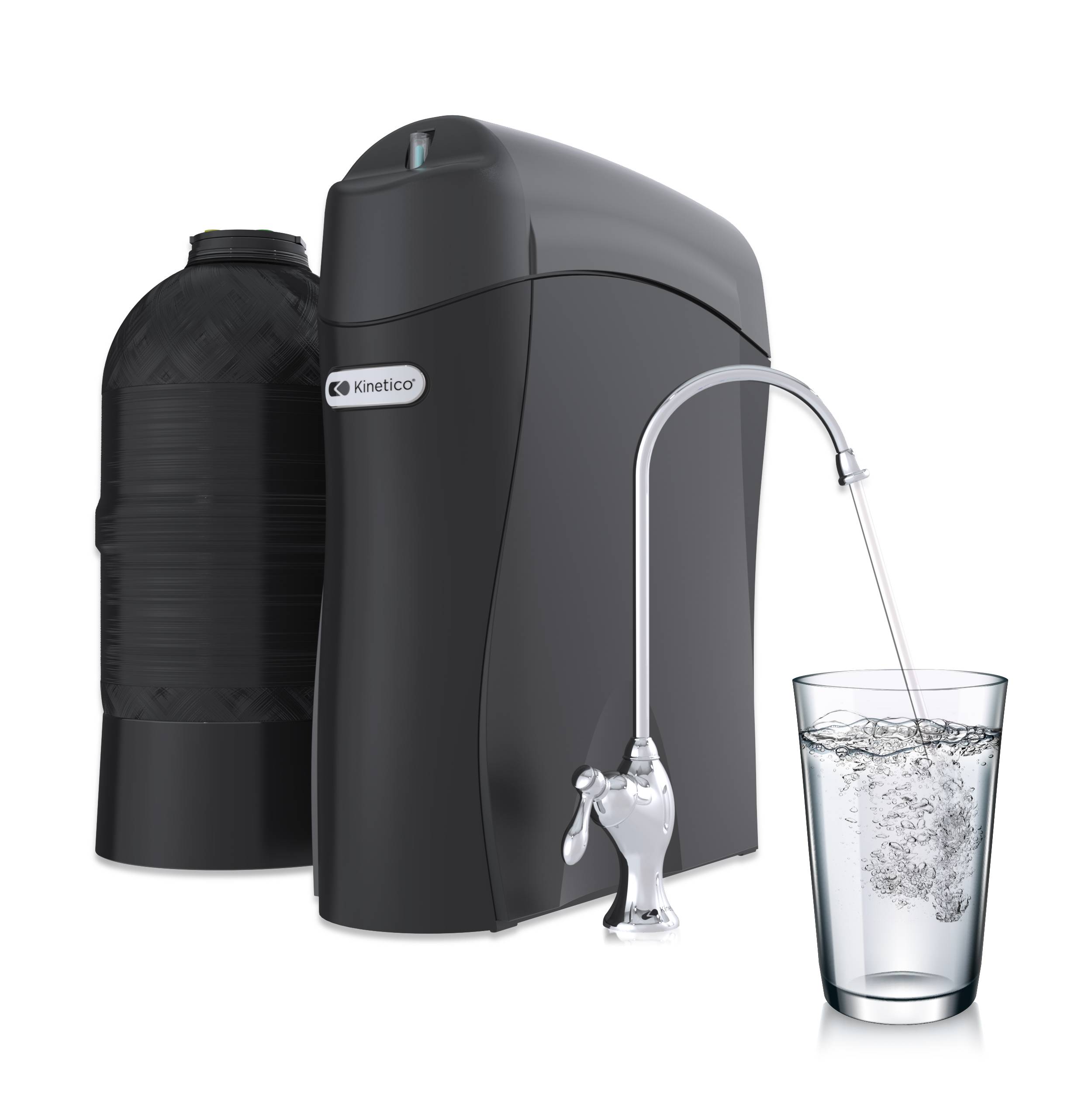
Have you ever vacationed somewhere or showered at someone else’s place and noticed that your skin and hair felt smoother than when you shower at home? It’s likely that the place you visited had soft water, while you’re used to using hard water.
Exactly what is the difference between hard and soft water? Read on to find out what makes one “hard” and the other “soft.”
Mineral Content
Hard water is water that has high mineral content. Calcium and magnesium are usually the most prevalent dissolved minerals in hard water. These minerals generally aren’t harmful if ingested, but they can present a lot of other problems, both minor and major when the water is used for other purposes.
Soft water, on the other hand, has a lower concentration of minerals. Water-softening systems can remove unwanted substances, resulting in “softened” water.
The best soft water comparison is rainwater. As it falls, rain is made up of soft water. It’s only after it has fallen and made its way through the ground that it picks up minerals and becomes hard water.
Effects of Hard Water
While not contaminated, hard water has its share of issues. Hard water can be tough on skin, hair, clothing, dishes, pipes, appliances, sink and tub fixtures.
Detergents for clothing are not as effective when washed in hard water. Minerals interact with the soap, preventing a good lather from forming. They don’t allow many suds to form and the clothes won’t be as clean, causing clothes to feel rough and look dingy after only a few washes.
Hard water is also notorious for leaving unsightly water spots and white residue on dishes, glassware, and silverware. Similarly, it quickly causes scaly buildup on faucets, faucet handles, shower heads, and inside toilets. This is a problem in water-using appliances such as dishwashers. The scale and scum buildup makes a mess of the racks and heating elements.
Just as it causes buildup on the things you can see, it also causes scaly buildup inside the pipes of your home, increasing the chances for clogs and pipe damage.
Effects on Skin and Hair
Unfortunately, your skin is affected by hard water. Hard water is very harsh and drying to the skin.
It leaves a film behind instead of just cleaning and rinsing because soap doesn’t lather well in hard water, it’s not as effective in dirt removal as it should be.
Hard water does the same thing to hair, over-drying it and leaving it dull from mineral and shampoo film buildup. Hair is damaged more easily when washed in hard water because moisture is stripped and the accumulation tends to make it snag when brushing.
All in all, this is not great news for your clothes, skin, hair, and appliances.
Benefits of Soft Water
The good news is soft water doesn’t wreak havoc on your skin, hair, plumbing, or household items!
You can safely and more effectively wash your clothes. Detergents will work better and rinse cleaner when the water is soft. You’ll notice an immediate difference in the softness and silkiness of your hair and skin. Softened water allows soap and shampoo to lather well and cleanse effectively.
A Water Softener is the Answer
If you’ve been dealing with issues stemming from the minerals in your hard water, a Kinetico water-softening system is just what you need.
Check out the resources on our website to learn more about how our home water-softening systems can give you soft, clean water throughout your entire house. You can also contact us at 1-888-420-2297 for more information.



